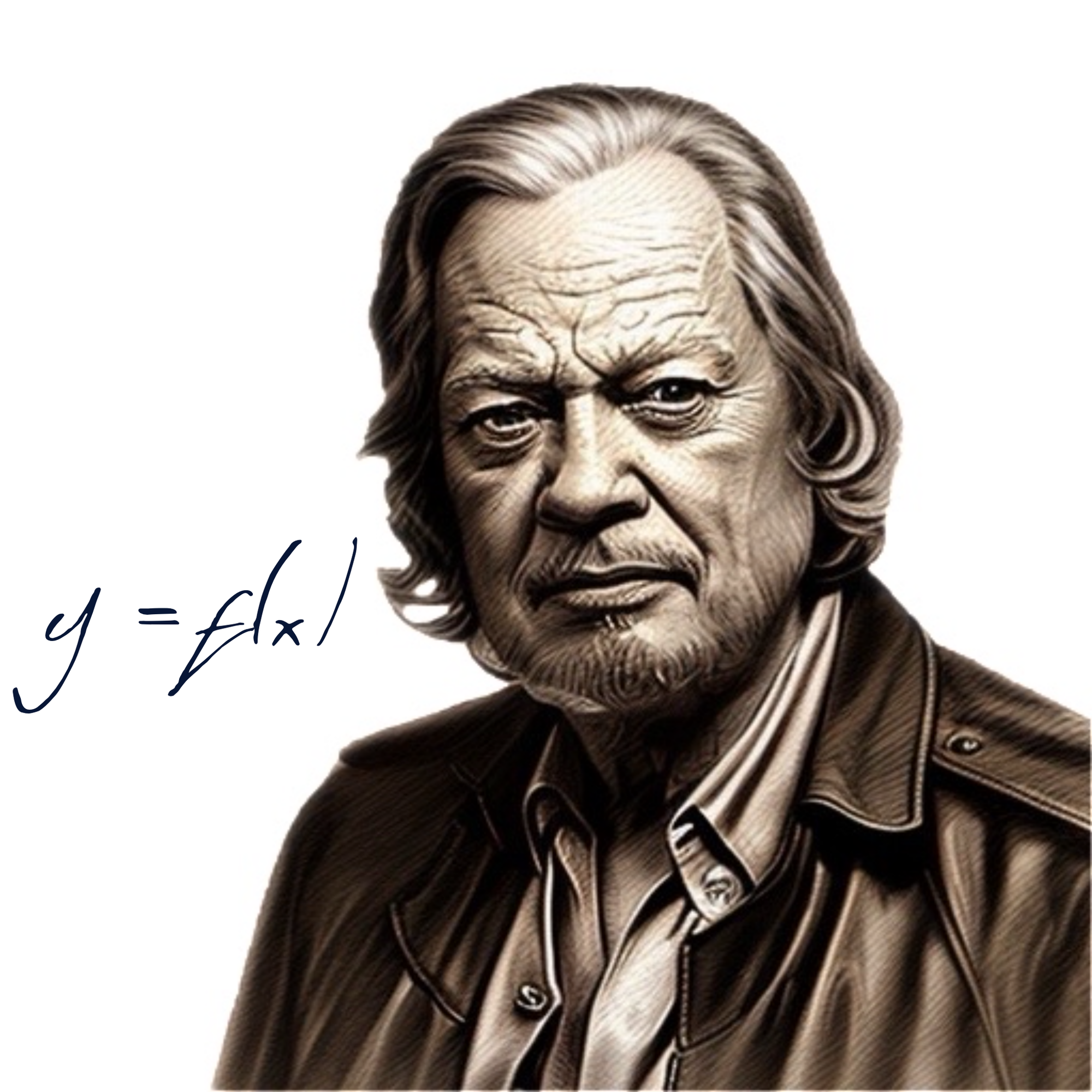Table of Contents
The Hew, the Cry
Let the voters decide whether they can vote for Trump—if unelected judges keep him off the ballot democracy is dead, dead, dead.
So goes the refrain from both MAGA Red and even some Blue voices.
But it shouldn't be so hard to understand that We the People® (registered service mark of the United States of America) is a package deal. You don't get to pick and choose.
The voters in this election are not the whole of We the People®. It it were just up to them, there wouldn't be much excitement. Biden would win a majority of the votes nationwide, whether Trump gets swept off the ballot or not. But that's not what We the People® at the time of the founding, and We the People® at the time the 14th Amendment was adopted thought. We the People® of today are bound by those of the past under a rule of law. If (big assumption) We the People® of today can get their elected representatives to agree, Section 3 of the 14th Amendment can be repealed.
Until that happens, if ever, a deal is a deal. The Constitution is supported by the consent of the governed and the rule of law.
Here's how to think about the prospect that the Supreme Court of the United States might or might not do to keep Trump on the ballot or force him off. The substance of the law is hidden in the interstices of procedure.
What does that mean? Cheatsheet:
The Constitution lays out the framework for elections for President. Some of the provisions aren't hard to understand or hard to apply. Example: the age requirement. Some are more challenging, such as “native-born.” Did John McCain, born in the Panama Canal Zone, not technically the United States, qualify? (Well, yes, but for reasons that are rooted in arcana.)
Others present what we lawyers love to call novel questions, meaning they haven't often come up and there's not even a lot of precedent to draw on. This is the situation with the application of the Third Amendment. What to do?
The substance of the law is hidden in the interstices of procedure. That's been the Anglo-American law tradition for going on a thousand years. Here's the basics
Under the Constitution, the states conduct elections. Each state has its own laws and procedures, including how eligibility may be challenged. As it's played out so far, Michigan, Minnesota and California have interpreted state law in ways that don’t remove former President Trump from the primary ballot. This is due to how the question can even be raised. Colorado and Maine have come out the opposite way. The Secretary of State in Colorado didn't believe she had the authority to exclude a candidate based on Article 3 of the Fourteenth Amendment and the question was taken up with by the Supreme Court of Colorado who decided otherwise. That decision has been appealed to the US Supreme Court. The Secretary of State in Maine is responsible for the decision and after hearing evidence and law (in her role as a specialized judge under Maine law) also concluded that the former President Trump must be excluded from the ballot.
Both the Colorado trial court and the Maine Secretary of State acting a specialized judge had two jobs in coming to the decisions. The first was hearing evidence on facts that are relevant to the question of the application of the law. In this role they are the “finders of fact.” Their weighing of the evidence and conclusions of fact are final unless an appeals court finds an “abuse of discretion.” That means that the conclusion cannot be supported on the record of trial below. Even if an appeals court would have come out differently in its own judgment, it will only reverse in those limited circumstances.
Why is that? History and tradition, including the common sense desire to avoid rehashing the same facts over and over again. There is also the practical consideration of the time and personnel to reduplicate the often long process of hearing pre-trial motion and all the minutae about the rules of evidence. When a court of appeals hears a case the facts of the case have been legally established. It's now a matter of fitting the facts to the law.
Fact patterns always differ. Whether the application of law to differing facts changes a conclusion is what is meant by a “horse of a different color.” In theory, sometimes the color matters and sometimes it does not. It depends on precedent and what is called “doctrine.” Moving pieces are slow to find fixed places in the analysis.
Finally, if the courts are exercising sound legal judgment, even if it is tacitly informed by private political views, there emerges a rule for the case that adds to the body of controlling or persuasive authority for new cases. A court or a majority of a court that decides on the basis of motivated, results-driven considerations sometimes comes along. If that happens often enough in a line of decisions it enshrines partisan political values into law, which is not good, but happens.
The life of the law has been not logic but experience. (Holmes. J., attrib.)
Experience is how we individually and collectively know life. If our experience is adaptive to the resolution of forces that constitute our environment the lessons we draw pass on. Experience that no longer reflects the world we live in inevitably gives way. Something different takes its place. What is neither better nor worse, merely adaptive. Our environment, in its sum total, doesn't weigh what value we put upon it.
That's the deal. We the People®, not you, today's electorate, decide, and especially not you or me, who might think to know what it is that today's electorate wants gets to decide. It's only children who spend more time arguing about the rules of the game than actually playing it. The game of politics can change the rules over time, but by design the rules of the We the People® game are sticky and slow to change.
Mascot of the Day
(With all respect and affection)










